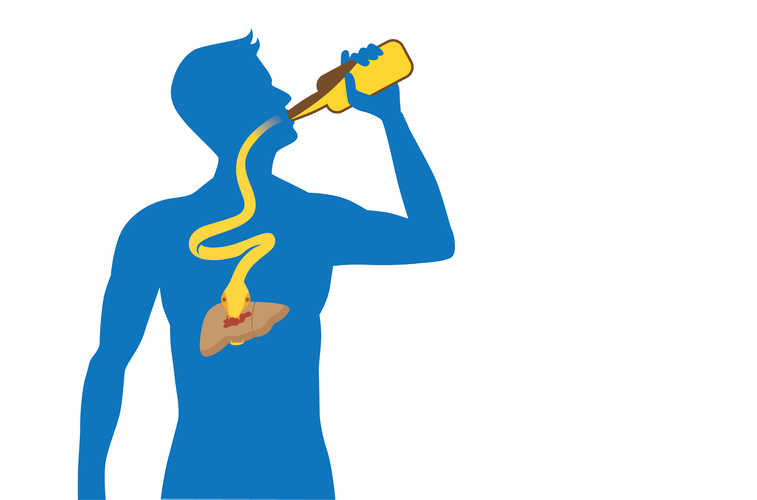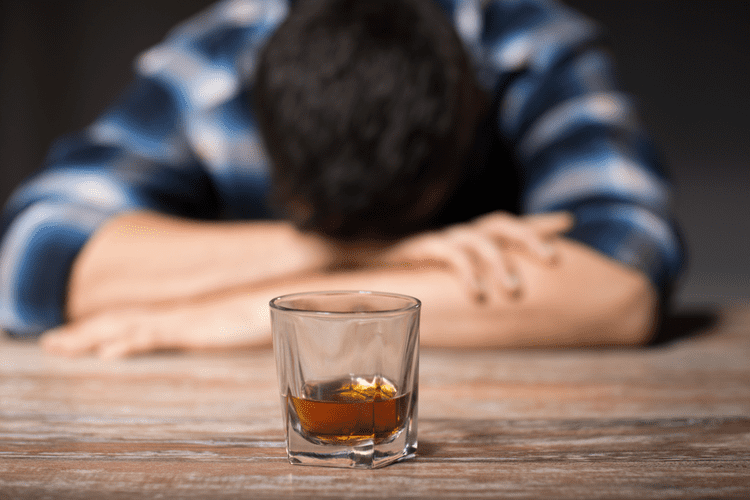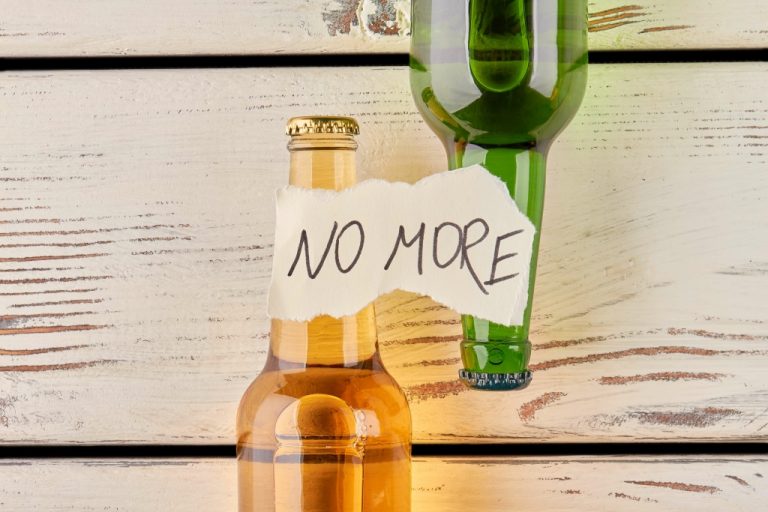Research has identified relapse patterns in adolescents and adults recovering from addiction. In one study, two-thirds of the adults relapsed in social situations in which they experienced urges and temptations to drink or use. One third experienced relapses when they were experiencing negative emotions and urges to drink/use.
Treatment of Substance Use Disorders
- Discover four triggers for relapse in recovery and learn how to navigate the path to lasting sobriety.
- From there, preparing, planning, finding support, and talking to a healthcare provider can help put you on a path to a successful recovery.
- Individuals may not progress linearly through the stages of change; some take steps forward and then regress.
- For men, a gender-specific setting can provide a space to break down societal expectations and express emotions without fear of judgment.
Central to the TTM is the concept of motivational interviewing (MI), a clinical tool seamlessly integrating with the Stages of Change Model. By fostering a non-confrontational and empathetic therapeutic environment, MI aligns with the stages individuals navigate, promoting intrinsic motivation for change. The collaborative nature of MI respects the diverse progression of individuals through the stages, acknowledging their readiness and ambivalence. Reoccurrence of use may happen to people who use drugs and can happen even years after not taking the substance. More than anything, reoccurrence of use may be a sign that more treatment or a different method is needed. A routine review of one’s treatment plan may be necessary to determine if another method could be more effective.
Step Two: Admission And Intake

The directory not only covers the full spectrum of care possibilities but provides detailed descriptions of each one. Detoxification, or detox, is a process of medically supervised withdrawal during which the substance is cleared from the body and the acute effects of stopping the substance are managed, usually in some type of medical setting. The goal is to eliminate the substance from the https://only-paper.ru/load/voennaja_tekhnika_iz_bumagi/broneavtomobil_iz_bumagi/eac_dorchester_acv/12-1-0-7674 body and manage the physical discomfort, drug cravings, and psychological distress that occur in response to the abrupt cessation of a substance the body has depended on and adapted to. Studies show that motivational interviewing helps those struggling with addiction to resolve any ambivalence about giving up drug use and inspires them to commit to behavioral change. It is often effective where lectures and confrontational techniques are not because it respects a person’s own desires.

Resources to Help You Stay Sober
Overall, understanding the withdrawal phases and symptoms helps prepare individuals for what lies ahead and reinforces the importance of professional treatment. https://historyoftoronto.ca/blog/explore-the-treasures-of-torontos-rich-history-uncover-the-citys-historical-attractions Action involves actively modifying behavior by making specific, observable changes to address the addictive behavior. Understanding the pathways in which drugs act and how drugs can alter those pathways is key when examining the biological basis of drug addiction. The reward pathway, known as the mesolimbic pathway,29 or its extension, the mesocorticolimbic pathway, is characterized by the interaction of several areas of the brain.
Influence of health and habits
In such cases, setting boundaries within those relationships and joining a self-help group such as Alcoholics Anonymous (AA) can be helpful for providing a group of people who understand what they are going through. • Therapy programs deliver tangible coping skills that help people meet life’s challenges without having to resort to drugs. They stress abstinence and http://pushel.ru/bolshoj_poligraficheskij_slovar-162445.htm use a set of 12 steps to help people recover from addiction.

But they also learn they now have a choice to call a peer, journal, or meditate or pray about their situation in ways that were not available to them previously. Explore diverse substance use disorder treatment options to support healing and recovery for lasting change. Discover essential substance use disorder helplines for compassionate support and effective treatment options. While physical recovery is evident, psychological challenges can complicate the process. Individuals often face cravings, anxiety, and mood swings as they navigate initial sobriety.

Recovery Support
Medication-assisted treatment (MAT), sometimes referred to as opioid replacement therapy, is specific for those struggling with opioid use disorder. This includes addictions to heroin, fentanyl, and prescription opioid pain medications. These influences help to determine the most effective pathways of recovery for each person. Recovery pathways can include professional clinical treatment with or without medication, mutual-support program participation, support from families and friends, and faith-based resources, among other approaches.